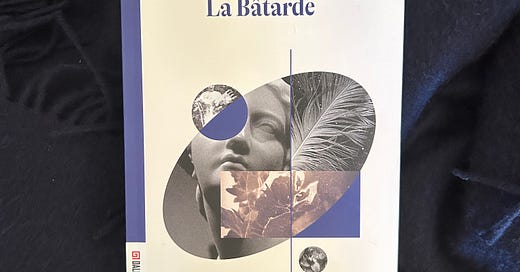I split the writers I love into two broad categories: conscious and crafted, and not so conscious and more natural/realist. The former is the type of writing that makes me marvel at its cleverness, over the wordplay and originality. You can sense the amount of work and thought those authors put into their craft, but it also feels a bit devoid of emotion sometimes. The authors in this category would be James Joyce, Vladimir Nabokov, Virginia Woolf, Jenny Erpenbeck, Mohamed Mbougar Sarr, and more.
The other type I love, not so well-remembered or respected, though equally deserving, make “the not obvious obvious”. They’re writing feels as if it came to them naturally, and there’s an emotional gut-punch quality to it though it’s straight-forward. It’s writing that calls attention to something that’s lingered at the edge of my subconscious rather than clever tricks, and helping me to understand something I’ve experienced or observed but remained just out of sight or mind, forgotten too qui…




